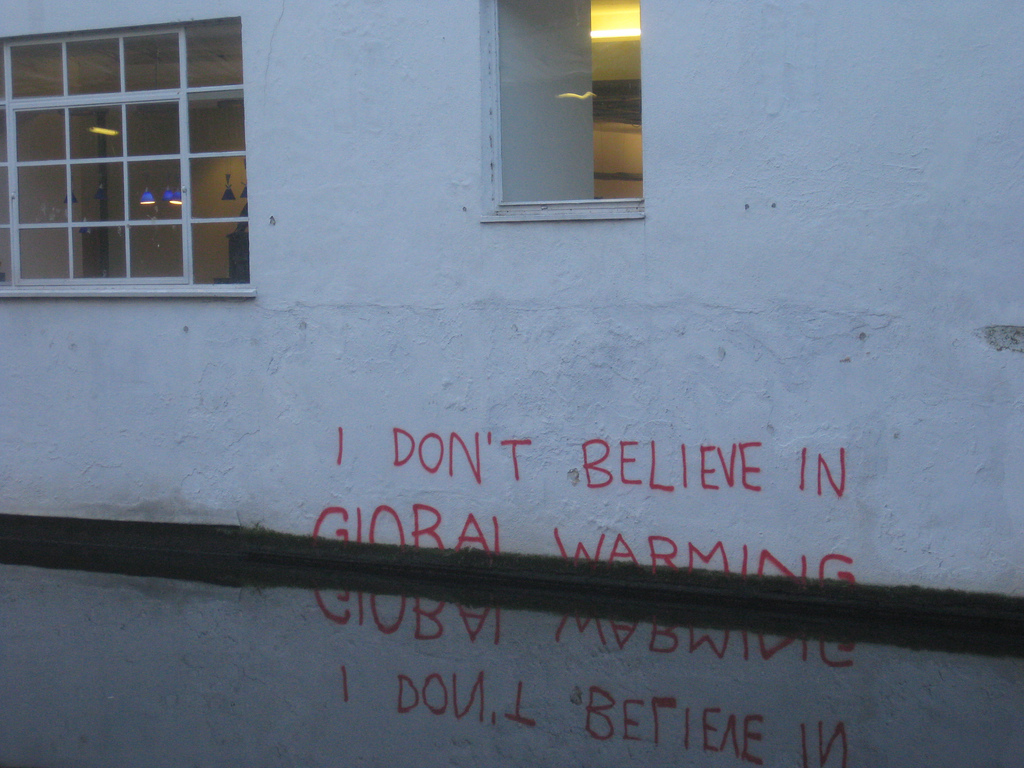The UK public holds a number of misconceptions about energy and climate change, according to a survey commissioned by the Energy and Climate Intelligence Unit (ECIU).
A survey of over 2,000 GB adults revealed that 89% of Brits are misinformed about the strength of scientific consensus on man-made climate change, with just 11% correctly identifying that there is around a 90% scientific consensus on the issue.
Almost half of those questioned (47%) believed that the majority of climate scientists reject the idea that human activities are responsible for climate change, with around a third (35%) stating that climate scientists are split in opinion whether humans are to blame for climate change.
The ECIU is a newly-formed not-for-profit initiative that aims to ‘support informed debate on energy and climate issues in the UK’. The group says that the results of the survey carry ‘uncomfortable echoes of the MMR controversy’.
Richard Black, director of the ECIU said: “This survey shows that there’s a huge gap between reality and perception on some key climate and energy issues. These are important findings given that the UK has crucial decisions to make on our response to climate change and our energy system in the next few years.
“As a nation we can only make sensible choices if we’re properly informed, so it’s vital that people are aware of what the evidence is and that it’s communicated clearly.
“The breakdown between the views of scientists and the public on climate change is a particular concern. This feels reminiscent of the situation around MMR where most Britons thought the medical profession was split on the safety of the vaccine whereas doctors were virtually unanimous that it was safe.”
Another misconception uncovered by the research was the public’s understanding of support for different forms of energy. The vast majority (95%) of those surveyed incorrectly identified the level of support for renewables such as wind and solar. Many felt that support amongst the public was actually a lot lower than it actually is, with governmental polling consistently showing that support for solar and wind is incredibly high (~80%). Two-thirds of those asked thought that support for renewable deployment was under 50%.
ECIU Advisory Board member Dr Emily Shuckburgh commented: “The scientific evidence that man-made climate change is real and presents significant risks is incredibly robust. But that doesn’t always come across to the public, as the ECIU survey shows. In my view it’s vital that we bridge that gap, so that people are able to separate fact from fiction, enabling society as a whole to make informed decisions about our future.”
.
The Media’s role
As part of the survey, respondents were asked to rank which news organisations they most trusted to deliver news on energy and climate change.
More than half of those asked (55%) said that BBC News was the most trustworthy provider of news on energy and climate change with ITV news a distant second with 25%.
The Daily Mail was listed as the most popular newspaper source for information about energy and climate change issues, however, only 7% of the public see the newspaper as trustworthy on this issue.
Over 40% of those ages 18-24 said that they didn’t trust any news organisations to provide reliable information about energy and climate change.
The ECIU hopes to help inform public debate on the issue of energy and climate change by providing ‘clear, accessible, up-to-date and expert-reviewed briefings’ to the media.
.






